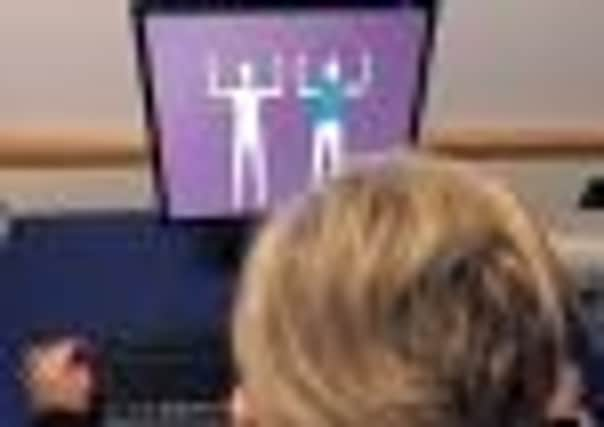Security experts fly to defence of Edinburgh airport scanners


Philip Baum, editor of Aviation Security International magazine, said passengers flying out of Edinburgh would feel a lot safer with the scanners in place.
The millimetre-wave scanners will come into force from Saturday, with selected passengers obliged to consent to be scanned or risk being denied the right to fly.
Advertisement
Hide AdAdvertisement
Hide AdSpeaking about Edinburgh’s new security measures, Mr Baum, who is also managing director of aviation security consultancy Green Light Ltd, said the scanners were a step in the right direction, but criticised the technology as being “the least effective” of the available options.
He said ideally all airports would use X-ray scanners currently used in South African diamond mines to stop workers smuggling out valuable gems by eating them.
“From all three, transmission X-ray is by far the best in my opinion,” he said. “The problem with it is the fact that the public perception is that you are subjecting people to X-ray examination on a routine basis which is not ideal.”
Mr Baum added that the airport safeguard – which detects items hidden under people’s clothing – lacked the precision of other screening technologies which produce clearer images of potential threats that could be concealed on a person.
Rather than looking at “naked” X-ray images, Edinburgh’s scanners present a “cartoon-like” avatar which airport chiefs say will protect passengers’ privacy and produces little or no radiation.
Mr Baum added that one of the “concerns” about Edinburgh’s scanners was that they are restricted to identifying items hidden in clothing but could not detect objects concealed within the body.
He said: “It’s easy to knock it [millimetre wave] and I often do because you can’t see inside the body, but your detection capability is far higher than just using metal detectors.
“In terms of the three technologies [available], I would say it is the least effective but far superior to current technologies deployed at security checkpoints. I’d say this is certainly a step in the right direction. Passengers flying out of Edinburgh should feel safer providing the people operating the systems are properly trained and use behavioural analysis as an additional evaluation.”
Advertisement
Hide AdAdvertisement
Hide AdLaurie Price, head of aviation strategy at Mott McDonald, said: “If you reduce queues at security and make the security experience the least invasive it can be whilst recognising the unfortunate nature of the times we live in, such measures have to be a good thing.”
Conservative councillor Jeremy Balfour said: “I think anything that improves security at airports is to be welcomed.
“We all realise we live in difficult times and I think people will feel more assured by this. We just need to make sure we don’t end up with massive queues, but I think this is a positive move forward.”